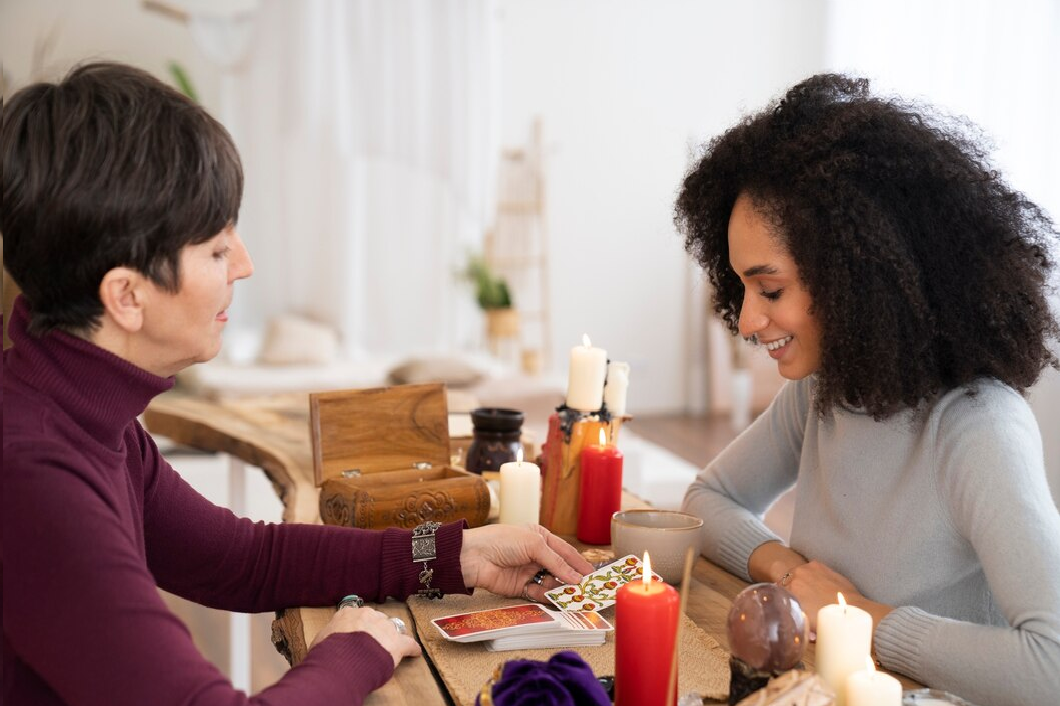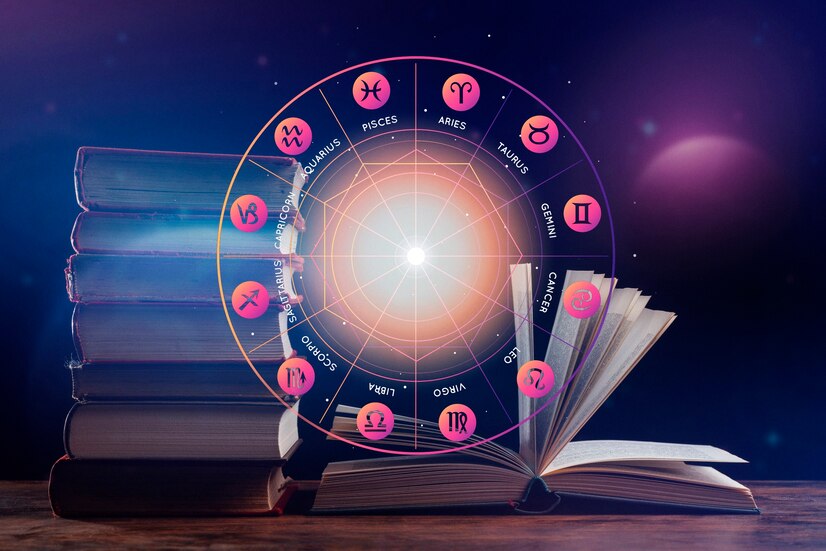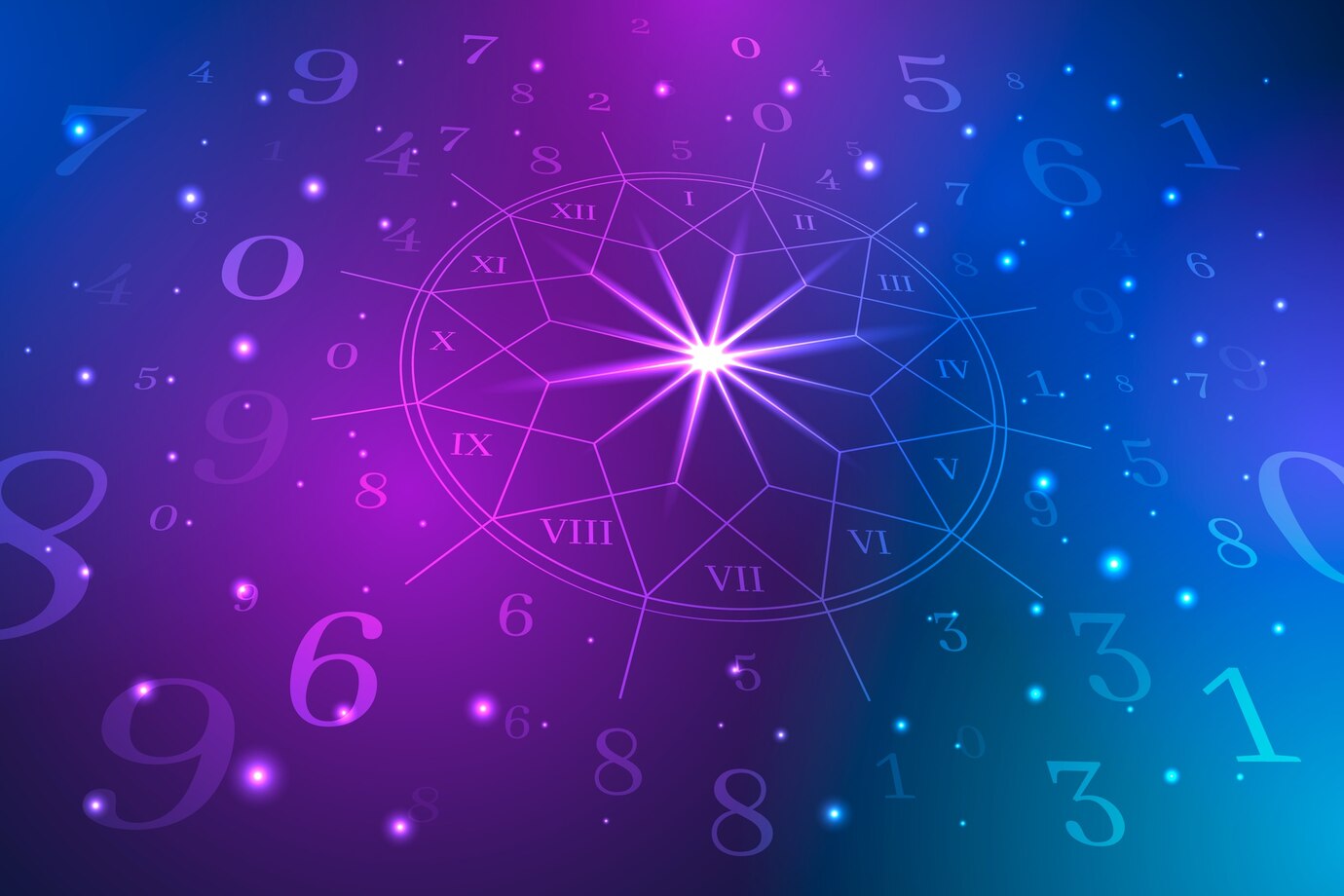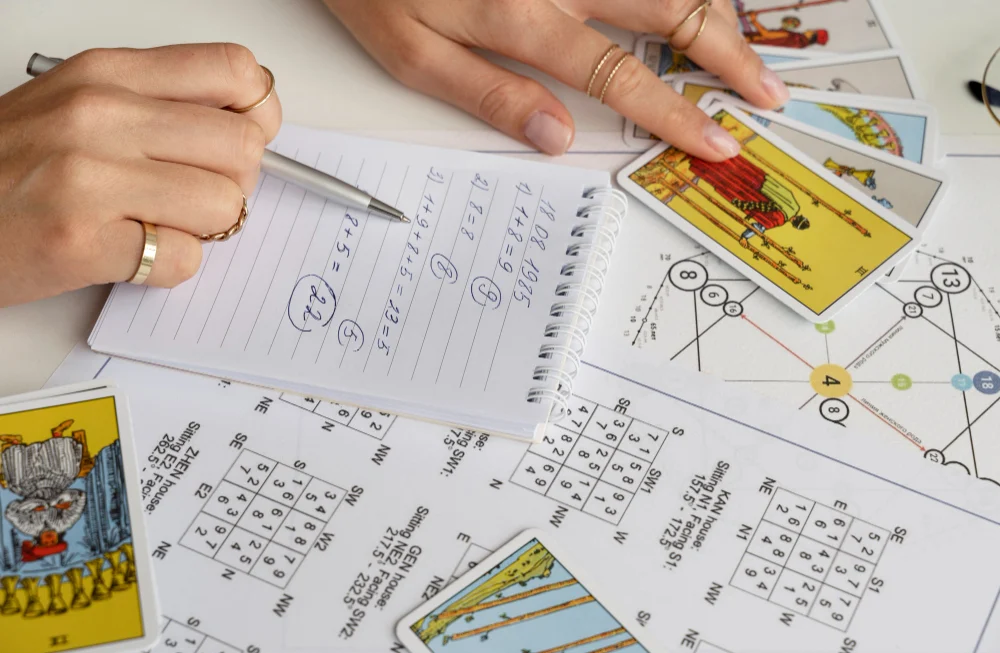In all of life, we are taught to build our “self.” From the moment we are born (the 1st House), we develop a personality, a body, and an identity. Our entire journey seems to be about “I.”
But the greatest, most profound, and most transformative journey of all is when “I” becomes “We.”
This is the sacred domain of the Seventh House.
In our tour of the 12 Bhavas, we have come to a critical pivot point. The first six houses are the “personal” half of the chart—your self, your money, your effort, your home, your creativity, your work.
The Seventh House is the first of the “public” houses. It is where you step out of your private world and engage with another. It is the house that sits on the western horizon at your birth, the Descendant, directly opposite your 1st House Ascendant.
This is the deep, foundational truth of seventh house vedic astrology: The 7th House is your mirror. It is everything you are not, everything you seek, and the “other half” that makes you whole.
The Mirror of the Self: The Core OREO Argument
Let’s begin with the most important insight into this house.
Opinion: The 7th House is not just “who you will marry”; it is the “mirror of your soul.” It represents the other half of your existence and the parts of your own self that you can only see and access through another person.
Reason: Because it is the 1st House opposite the 1st (Self). It is the Descendant. The 1st House is “Me,” the 7th House is “Not Me.” We are, by divine design, drawn to that which completes us. It is also a Kendra (Angular Pillar), making it a house of supreme power and worldly action. Your life’s direction is defined by this 1st/7th axis.
Example: A person with a fiery, independent, “me-first” Aries rising (1st House) is, by this cosmic law, destined to have Libra in their 7th House—the sign of “we-first,” partnership, and diplomacy. Their destiny is to learn balance. Their partners will be Libran (diplomatic, partnership-oriented) or their relationships will force them to learn these traits. The 7th House is the “lesson” the 1st House must learn.
Opinion/Restatement: This is why the 7th house marriage partnership dynamic is so foundational. Mastering it is mastering the art of “relationship” itself, which is essential for both personal happiness (marriage) and public success (business). It is not just finding a person; it is finding yourself in that person.
Kalatra Bhava: The House of the Spouse
The most famous name for this house is Kalatra Bhava, the “House of the Spouse” or partner. This is its primary function and the greatest source of our worldly happiness or sorrow.
This house, its lord, and the planets within it govern everything related to your marriage:
- The Promise of Marriage: Will you marry?
- The Timing of Marriage: When will you marry? (Analyzed through Dashas and transits).
- The Nature of the Spouse: What kind of person will you be with?
- The Quality of the Marriage: Will it be happy, supportive, difficult, or transformative?
The planets in the 7th House paint a vivid picture of your partner. A person with Jupiter in the 7th will seek a partner who is a “guru”—wise, philosophical, and kind. A person with Mars in the 7th will be drawn to a “warrior”—energetic, assertive, and brave (though this can also lead to conflict).
The Maraka (Killer) Paradox
This house holds a profound and dark secret. Along with the 2nd House, the 7th is a Maraka Sthana, or “House of the Killer.” Why would the house of marriage also be a house of death?
- Technical Reason: It is the 12th (loss) from the 8th (longevity), representing the “loss of longevity.”
- Symbolic Reason: This is the most beautiful part. To truly enter a partnership (7th House), the “self” (1st House) must die. Your old, independent identity is “lost” to become part of a “we.” It is the death of the ego, a necessary sacrifice for a true union.
The Other Partnership: Business & Contracts
This is the “business” aspect of the 7th House. The rishis were clear: this house rules all one-to-one partnerships, not just romantic ones.
This includes:
- Business Partners: The person you sign a contract with to build a company.
- Legal Contracts: The 7th House rules all legal agreements and contracts.
- Clients: In any one-to-one service (like a lawyer, doctor, or consultant), the “other person” is a 7th House matter.
- Trade & Commerce: All business conducted with “others.”
This is why a strong 7th house can make a brilliant lawyer, diplomat, or trader—they are masters of “the other” and the contracts that bind them. An afflicted 7th (e.g., Mars and Saturn) can mean “war” (Mars) and “misery” (Saturn) with your business partners.
The Architecture: Kendra & Kama
To grasp the power of the 7th House, you must understand its architectural role in the chart.
- A Kendra (Pillar) House:
It is one of the four great pillars (1, 4, 7, 10) that hold up your entire life. This means planets in the 7th House are extremely powerful and active in the world. This is not a hidden, private, or subtle house. Its results are tangible, visible, and shape your public destiny. - The Peak Kama (Desire) House:
It is the peak of the Kama Trikona (Trine of Desire: 3, 7, 11).- 3rd House: Desire is born (ambition, willpower).
- 7th House: Desire is focused on another (the drive for partnership).
- 11th House: Desire is fulfilled (gains, ambitions met).
This makes the 7th House the central, most powerful house of human desire and social engagement.
This dual status as a Kendra and a Kama house makes it the primary axis for your worldly interactions.
Planets in the Seventh House: The Face in Your Mirror
When a planet is in your 7th House, it is the “face in the mirror.” It describes the qualities you are drawn to in a partner, or the karma you are destined to experience through that partner.
- Sun in 7th: You are drawn to a partner who is a “king” or “queen.” They are proud, authoritative, a leader, and have a strong ego. Your partner may be in government or have high status. The challenge is balancing two strong egos.
- Moon in 7th: You seek a “mother” in your partner. They are nurturing, emotional, sensitive, and seek comfort. Their mood may be changeable. Your partner may be very popular with the public.
- Mars in 7th: This creates Kuja Dosha (or Mangal Dosha). You are drawn to a “warrior.” Your partner is energetic, assertive, passionate, and courageous, but also potentially argumentative and conflict-driven. This is a life of high passion or high conflict.
- Mercury in 7th: You are drawn to a “mind.” Your partner is intelligent, youthful, witty, communicative, and adaptable. You may marry a “business” partner. The relationship is based on conversation and intellectual connection.
- Jupiter in 7th: A profound blessing (Gaja Kesari Yoga can form). You are drawn to a “guru.” Your partner is wise, philosophical, kind, wealthy, and dharmic (righteous). This is considered one of the best placements for a happy, stable, and fortunate marriage.
- Venus in 7th: The karaka (significator) of love is in the house of marriage. This is a double-edged sword. It can give a beautiful, charming, artistic, and romantic partner. It can also mean “too much” of a good thing, a partner who is overly indulgent, or a focus on the “fun” of romance (5th) rather than the “duty” of marriage (7th).
- Saturn in 7th: This is the great “karmic” placement. It delays marriage. You are drawn to a partner who is “older,” either in age or maturity. They are serious, disciplined, hardworking, and responsible. The marriage is not a “fun” romance; it is a “duty,” a karmic bond that must be honored.
- Rahu in 7th: The “obsessive” partner. You have an insatiable desire for partnership. You are drawn to an “unconventional” partner—someone foreign, from a different culture, or who “breaks the rules.” This placement can be a source of great worldly success but also potential deception.
- Ketu in 7th: The “detached” partner. You are drawn to a partner who is “mystical,” spiritual, or “absent.” The partner may be a renunciate or highly intuitive. There is a deep, karmic detachment, a sense that the partnership is “not of this world,” which can be lonely.
The Other Half of You
The journey into the yuvati bhava (House of the Maiden/Youth) is the journey into adulthood. It is the quest to find your “other half.”
But the greatest secret of seventh house vedic astrology is that the “other half” you are looking for is, and always was, a hidden part of you. The 7th House is the mirror that finally allows you to see yourself fully.
What planets are in your 7th House? Do you see them as a “mirror” to your own 1st House personality? Share your insights and stories in the comments below.












